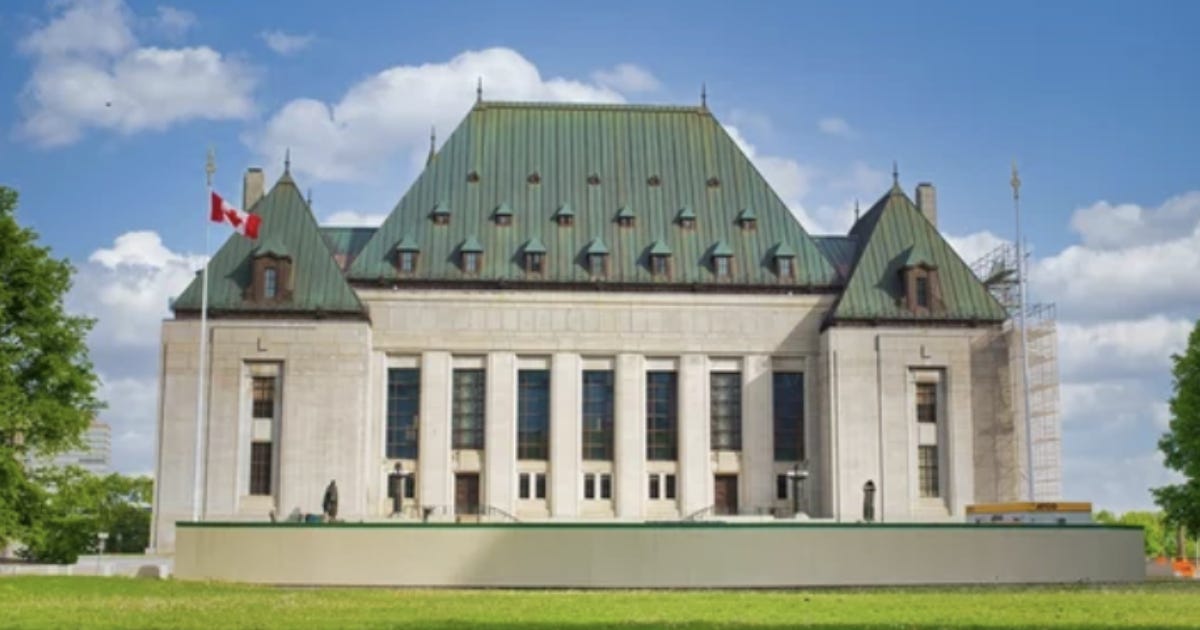Saskatchewan parental rights bill to face Supreme Court showdown
Canada’s highest court has agreed to examine appeals in a high-profile dispute over Saskatchewan’s policy requiring parental consent for children under 16 to adopt new names or pronouns in school.
Canada’s highest court has agreed to examine appeals in a high-profile dispute over Saskatchewan’s policy requiring parental consent for children under 16 to adopt new names or pronouns in school settings.
The Supreme Court of Canada announced it will hear cross-appeals from the Saskatchewan government and a Regina-based LGBTQ advocacy organization.
No hearing date has been scheduled yet.
Introduced in 2023 by Premier Scott Moe’s Saskatchewan Party, the measure—known as the “Parental Bill of Rights”—emphasizes parental involvement in key decisions affecting students.
Proponents argue it safeguards family authority and ensures transparency between homes and classrooms.
Opponents of the law mounted a legal challenge, meanwhile, contending the policy infringes on Charter protections and could “damage gender-diverse minors.”
An initial court injunction paused the rule’s enforcement, prompting the province to enact it as formal legislation while invoking the notwithstanding clause — a constitutional tool that temporarily suspends certain Charter rights for up to five years.
Saskatchewan officials maintained the clause rendered the case moot, but the provincial Court of Appeal disagreed earlier this year, allowing proceedings to advance.
Both sides sought expedited review at the Supreme Court, requesting that the matter be bundled with a separate challenge to Quebec’s ban on religious symbols for public sector employees, which also relies on the notwithstanding clause.
A similar legal battle is brewing in Alberta, where Premier Danielle Smith’s government invoked the notwithstanding clause last week to shut down a provincewide teachers’ strike and shield its back-to-work bill from legal challenge.
Premier Smith’s government is also preparing legislation to use the notwithstanding clause to protect three transgender-related laws from court challenges.
The battle also comes in the wake of a highly controversial 5-4 split decision by the Supreme Court striking down one-year mandatory minimum jail sentences for access and possession of child abuse sexual material.
That decision was the focal point of a motion debate on Thursday during the House standing committee on justice, where Conservative members unsuccessfully sought to overturn the ruling before the meeting was suspended.



Oh, oh, the courts are overstepping their boundaries again. “Saskatchewan officials maintained the clause rendered the case moot, but the provincial Court of Appeal disagreed earlier this year, allowing proceedings to advance.” If the Supreme Court strikes down the Notwithstanding Clause of the constitution, there will be hell to pay.
It's says a lot on the state of this once great Country when BS like this makes its way to the highest Court - full of Trudeau appointees- for a ruling on parental rights, pushed by less than 1% of Canada’s population.